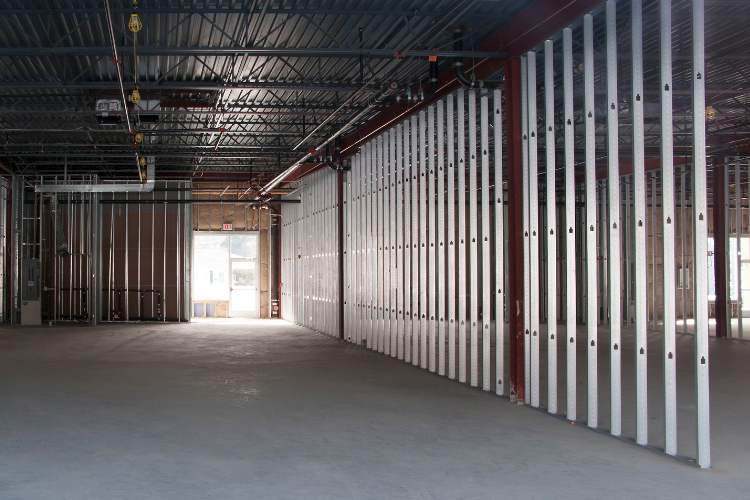A contract clause can be a bit like a shield, guarding against every nasty “what if” that could crop up on a construction project. It’s a weapon against having your rights trampled on as a sub. It’s a lifesaver for situations you once thought were inevitable. And you can get creative with them.
Billd recently gathered 68 subcontractors from across the US to discuss what clauses they use and which ones they redline when trying to protect their rights and relationships.
Below, you’ll find 7 of the 17 clauses they discussed. If you want to see all 17, make a free account on the Builder’s Boardroom, where you’ll find a wealth of information from subs just like you.
- Make Lien Releases Conditional: GCs often want you to sign lien releases, even as you’re floating thousands of dollars while waiting for payment. Execute a sidebar agreement that says the lien release is conditional upon getting this payment. If you don’t get the payment, the lien release becomes effectively useless.
- Guarantee Access to Information to Assert Lien Rights: A judge can disavow your lien if it’s missing information, like proper legal descriptions. It’s critical to know exactly who you’re working for and where you’re doing the work, and to ensure this information will be seamlessly provided to you. Include a clause that says, upon written request, the owner will provide all information for you as the subcontractor to assert your lien rights. Should they provide incorrect information, it’s a breach on the owner’s part.
- Customize Indemnification Agreements: Modify indemnification clauses by creating a template indemnification agreement that’s been blessed by your insurance carrier. The GC/owner will welcome the chance to review it and it can typically be signed seamlessly, but was created on your terms.
- Make GCs Pay for Labor Costs: If you are concerned about a project’s cash flow, include a clause that says when payment is questioned, the GC will at least pay your labor costs, which will help keep cash moving.
- Make the Bid a Contract Addendum: In recent years, more and more GCs are not honoring the exclusions stated in your bid. They’re asserting that the contract documents overrule everything, including exclusions that clearly state what you will not do. To protect your exclusions, strike through any language that says the bid is not a contract document (or language that voids all prior discussions or agreements other than the main contract). Then, make the bid itself an addendum to the contract.
- Create Payment Terms That Work for You: Pay-when-paid/pay-if-paid clauses can cause payment delays for subs, and are further complicated by state-specific laws. To protect yourself, add a clause that specifies you will be paid as soon as your portion of the project is completed. This way, you’re not waiting until the end of the project. State exactly how many days the GC has to remit payment, then include consequences for being late. After 60 days of nonpayment, state that your labor resources will be removed from the jobsite. After 90 days, state that interest will be charged on a monthly basis until the account is brought current. In California, for example, you can charge up to 10% annual interest, according to one sub we spoke to.
- Add an Addendum That States Labor Rates: Labor rates often increase annually. On jobs that last longer than a year, include an addendum that explicitly states regular and overtime labor rates and how they will increase. This encourages transparency. If a contract goes on for 5 years in a state with a 3% annual increase in labor rates, they will increase 15% over the course of just one project. Communicate this to the GC at the get go.









